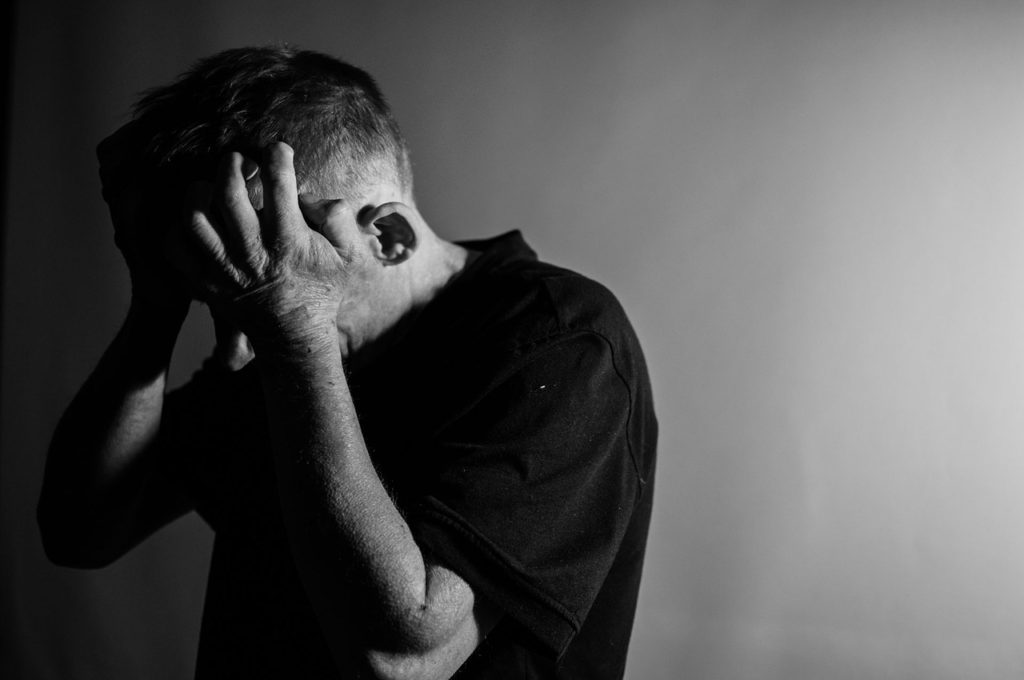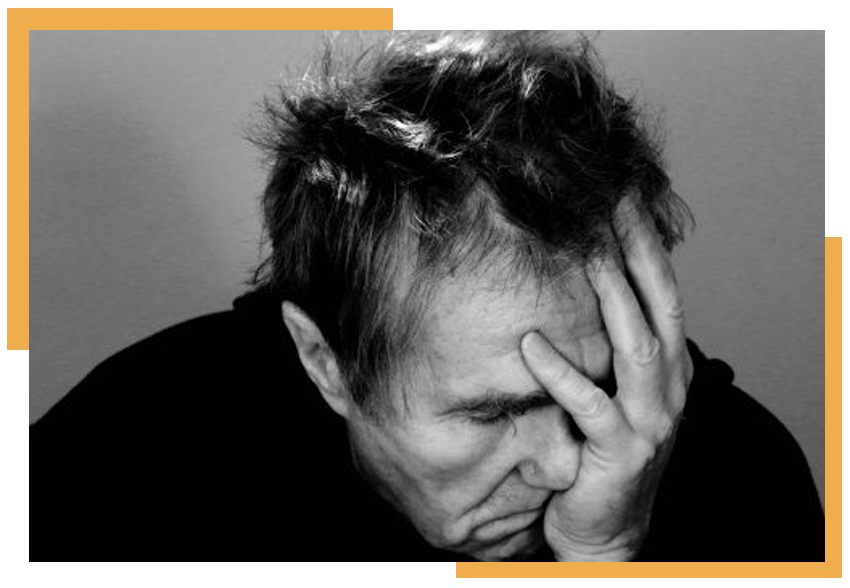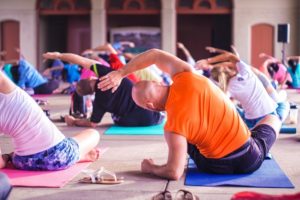Physical Therapy for Vertigo
Vertigo can affect the patient’s quality of life. But with OneRehab Vertigo therapy, you can lead a better life. Your search for Physical Therapy for Vertigo near me ends here, because we’ve got you covered.

What is Vertigo?
Vertigo is a sensation that causes a sudden internal or external spinning. The movement of the head often triggers the condition. It is an easily noticeable condition that can become severe, hindering the ability to perform everyday tasks. It lasts for seconds or longer, with symptoms lasting several days, making life difficult. At One-Rehab, we provide the best vertigo therapy services.
The vestibular system is part of the inner ear and brain that controls balance and eye movements. If a disease or injury damages the area, it causes vestibular disorder, which brings about vertigo, dizziness, nausea, balance problems, and other symptoms. Most people recover from these symptoms after several weeks. However, in other cases, the symptoms persist. Our rehabilitation therapy helps to suppress severe symptoms.

Vertigo Symptoms
A vertigo patient usually feels like the world around them is spinning or moving. Vertigo is a symptom itself, but it causes other symptoms to occur too.
They include:
- Headaches
- Ringing in the ear (tinnitus)
- motion sickness
- nausea and vomiting
- uncontrollable movement of the eye (nystagmus)
- feeling fullness in the ear
- body imbalance
- lightheadedness
Causes
Although vertigo may involve an imbalance in the inner ear or a central nervous system (CNS) problem, several conditions can lead to the condition. Other conditions leading to vertigo include:
- labyrinthitis
- vestibular neuritis
- cholesteatoma
- migraine
- head injury
- ear surgery
- syphilis
- a stroke
- cerebellar disease
Treatment and Management
Although there have been different ways to treat and help patients recover from vertigo, physical therapy is among the most successful treatment. Through an individualized exercise program, our neuro physiotherapist in Richardson will help manage symptoms and create an exercise that will be easier to assist in balance during treatment.
Physical therapy focuses on head and neck movements, canal repositioning, and other activities to help in correcting gaze instability. Depending on the vertigo level, the results can vary from one patient to the other. Since physical therapy is customized, finding the right treatment plan tends to be easy.
At the beginning of therapy, the exercise will make the symptoms decline. If you consistently attend neuro-rehabilitation sessions, the symptoms will decrease with time. Thus, patients can live a normal life with more independence and reduced chances of falling.
Physical Therapy for Vertigo
Vestibular Habituation Training, an exercise treatment program, is a popular and accepted method. The habituation exercise goal is to reduce dizziness through continuous exposure to specific visual stimuli and particular movements that induce dizziness in patients.
At OneRehab multispecialty center, we design the exercises to increase the dizziness symptom. Provoking dizziness is temporary where the training goes on to introduce another exercise that suppresses the wooziness. The brain will learn how to ignore other abnormal messages from the inner year, making the dizziness in the patient decrease.
Our physical therapists advise you to be committed to these exercises, which help to retrain the brain. Having a schedule to use daily can be helpful as it keeps your health in check.
Schedule an appointment today
to see why our family of stroke experts can help you and your family on your path to independence.

Factors Limiting Recovery
If you have vertigo, you need to work alongside our leading physical therapists to achieve the best outcome. Some factors can affect your recovery.
1. Inactive Lifestyle
Being inactive can cause an inadequate level of fitness and health, causing secondary problems. As a result, you can experience increased dizziness and unsteadiness due to decreased tolerance to movement. Therefore, your brain desires an inactive lifestyle which creates a loop of vertigo conditions. As you work with our neurorehabilitation physicians, you will receive some exercises to perform to avoid this safely.
2. Pain
Pain causes most imbalances which can also lead to falls in older adults. When in pain, one restricts movement and activities. Thus, there is a lot of inactivities, leading to an increase in vertigo symptoms. Patients will unlikely follow up on these exercises if they are in pain, limiting the exercise result. Our therapists are trained to provide additional therapy and medical intervention to bring out the desired results.
3. Other Medical Conditions
When one has to deal with other medical conditions, there is an unlikely possibility of meeting the desired goal. Any ailment that gets in the way of the therapy decreases the chances of total success. Certain medical condition increases fall risks just like pain hence, there is a need to address such conditions.
4. Emotional Concern
The vestibular disorder causes anxiety, depression, and panic and causes difficulties in managing the symptoms. Patients will tend to skip therapy to reduce these symptoms. At OneRehab neuro-rehabilitation center, we encourage you to speak up if there are issues affecting recovery. As a result, we can adjust the treatment exercises to address the issue.
OneRehab | Richardson
1761 International Pkwy Suite 135, Richardson, TX 75081, United States
OneRehab | Dallas
6080 N Central Expy #125 Dallas, TX 75206
Email Us
info@onerehab.com
Call Us
972 845 7875
Working Hours
M - F 7:00 AM – 7:00 PM
Sat 8:00 AM – 2:00 PM


